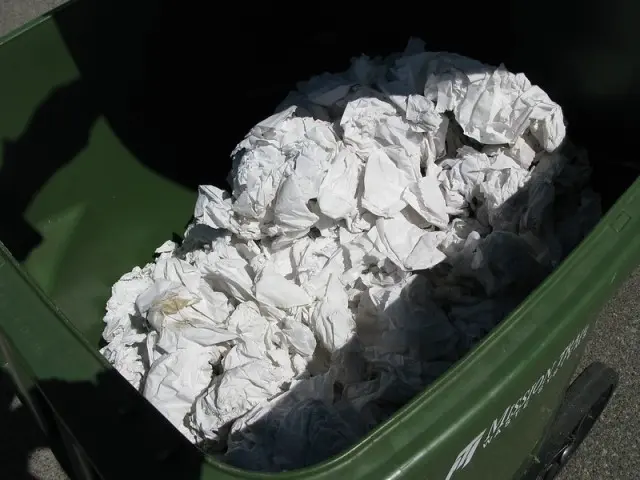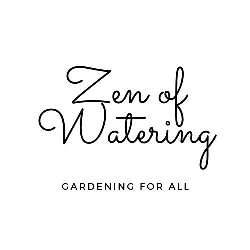Paper towels are a household staple, indispensable for cleaning spills, wiping hands, and tackling various everyday messes. As environmental awareness continues to grow, many consumers are becoming more conscious of the products they use and their impact on the environment. One question that frequently arises is whether Kirkland paper towels, a popular brand available at Costco, are compostable.
Kirkland Signature, Costco’s private label brand, offers a variety of paper towel options. These paper towels are known for their absorbency and strength, making them a popular choice for both residential and commercial use. But when it comes to composting, it’s important to understand the composition of these paper towels and whether they can be safely added to your compost pile.
Kirkland paper towels are primarily made from virgin paper, which means they are not constructed from recycled materials. While they are made from natural wood fibers, the production process typically involves bleaching and other treatments to achieve the desired level of whiteness and softness. These treatments can leave residues and chemicals in the paper towels, which might not be ideal for composting.

Composting is a natural process that breaks down organic materials into nutrient-rich humus, which can then be used to enrich soil and support plant growth. Composting is all about recycling organic matter, like food scraps and yard waste, into a valuable resource for your garden. When it comes to paper towels, the key factor to consider is their biodegradability and the presence of any contaminants.
Biodegradability is a measure of how readily a material can decompose in a natural environment. Kirkland paper towels, like many other brands, are designed to break down relatively quickly compared to synthetic materials like plastic. In a landfill, they may eventually biodegrade, but the conditions are not ideal for promoting decomposition, as landfills are often compacted and sealed off, depriving organic matter of oxygen and slowing down the decomposition process.
When it comes to composting, the ideal scenario involves using paper towels that are free from additives, dyes, or chemicals. This is where Kirkland paper towels may pose a challenge. The bleaching and treatment processes used to make them may leave behind residues that are not beneficial for your compost pile. Chemical residues could potentially harm the microorganisms responsible for breaking down organic matter and lead to imbalances in the composting process.
If you are committed to composting and want to ensure that your paper towels are compostable, you might want to consider alternatives. Look for paper towels that are specifically labeled as compostable or unbleached paper towels that are more likely to break down effectively in your compost pile without introducing harmful substances.
Another option is to use cloth towels or rags for cleaning purposes, as they can be washed and reused, reducing your dependence on disposable paper towels altogether. This not only reduces waste but also saves you money in the long run.
In conclusion, Kirkland paper towels, while biodegradable, may not be the best choice for composting due to the potential presence of additives and chemicals used in their production. If you are passionate about composting, consider using alternative options like unbleached paper towels or reusable cloth towels. It’s essential to be mindful of the products you use and their environmental impact to make sustainable choices that benefit both your household and the planet. While Kirkland paper towels have their merits, they might not be the best fit for your composting efforts.
MORE POSTS:
